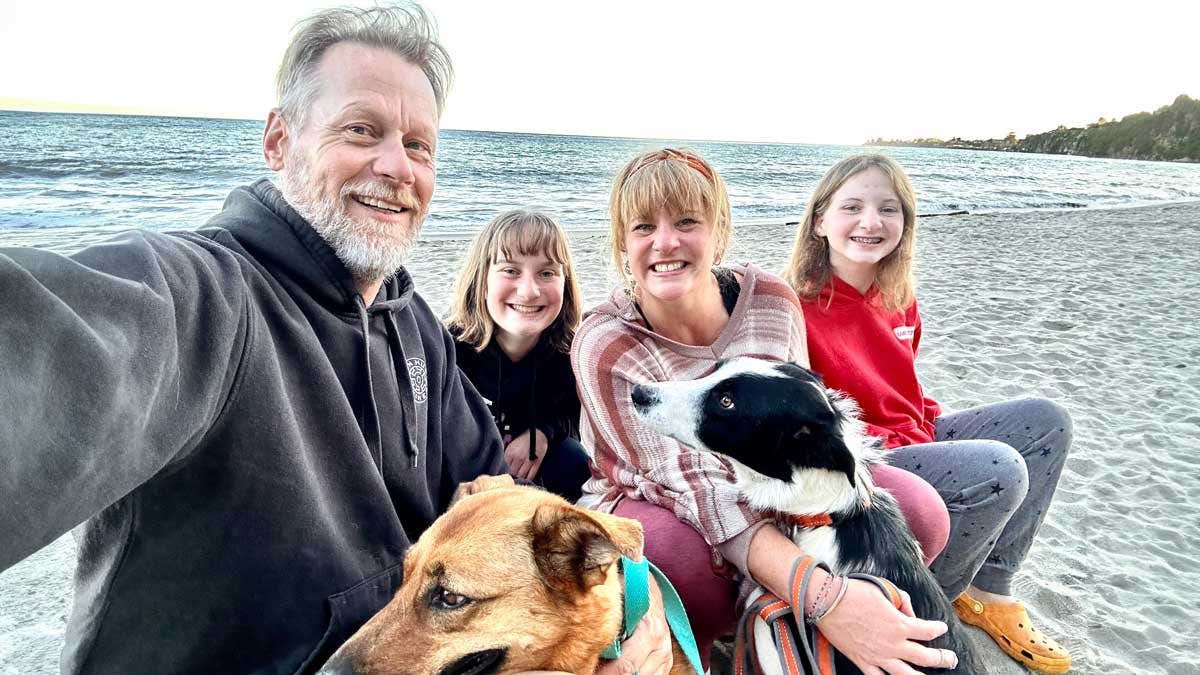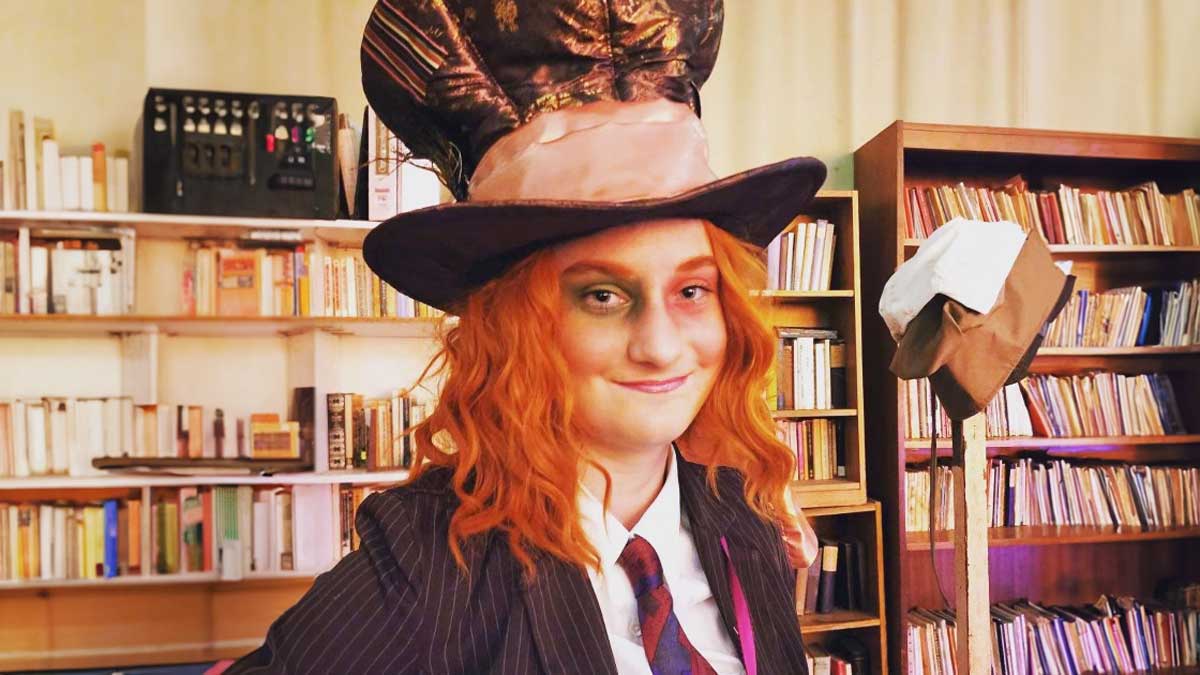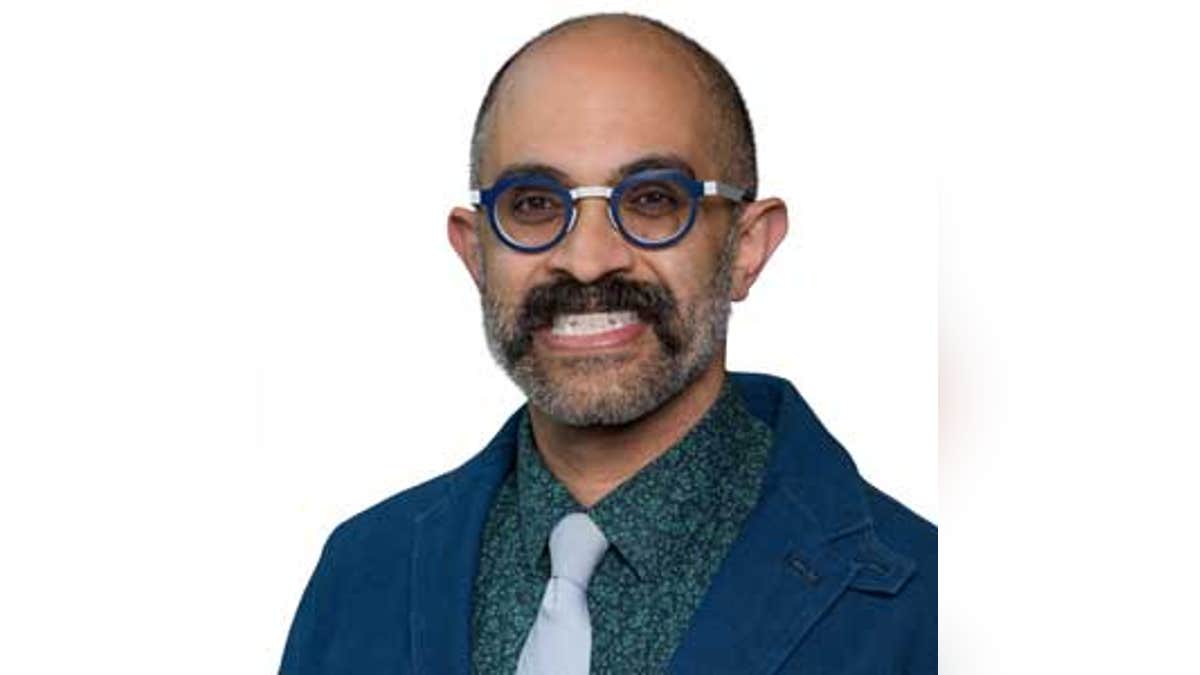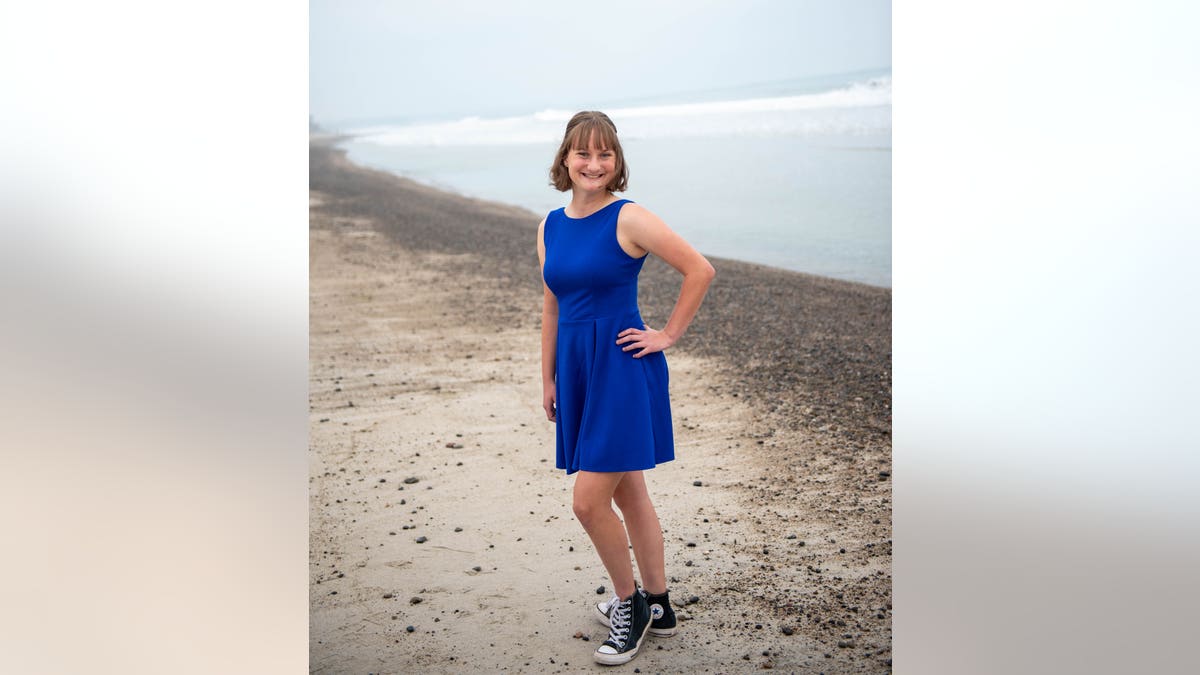Grace Overman, an avid singer from Fiddletown, California, was in middle school when she began to lose her voice — and now a rare, high-risk surgery has given it back to her.
Born premature at 25 weeks — “the exact size of a Barbie doll,” as her mother, Kristen Van Kempen, told Fox News Digital — Overman has always struggled with vocal cord issues.
During surgery as an infant to close an opening between her heart and lungs, one of her vocal cords became permanently paralyzed.
HELICOPTER PARENTING IS FAR MORE PREVALENT THAN MOMS AND DADS THINK — IT COULD BE HURTING OUR KIDS, HERE’S WHY
At 3 years old, Overman had another surgery to restore nerve signals to the vocal cord, which made it easier for her to use her one functioning cord.
But then in middle school, as Overman started to grow taller, her airway widened, which made it difficult for her to talk and breathe.
“Basically, when she hit her growth spurt, all of a sudden her voice box was bigger,” Overman’s doctor, Karthik Balakrishnan, an otolaryngologist (ENT) and surgeon in chief at Stanford Medicine Children’s Health in Palo Alto, California, told Fox News Digital.
“And so her vocal cords weren’t able to compensate for that added separation.”
SUICIDE PREVENTION PROGRAM AT NEBRASKA CHILDREN’S HOSPITAL EMPHASIZES ENCOURAGING, ‘LIFE-SAVING’ NOTES
This caused Overman’s voice to become breathless and raspy.
Her first love, singing, became impossible. She also was no longer able to participate verbally in the classroom.
“I would have to stop and take breaths between words, and I wasn’t able to hold notes like I used to,” she told Fox News Digital in an interview. “It was frustrating.”

It got to a point where, without even realizing it, Overman had dropped her voice to a lower octave just to be heard and to keep her voice from breaking.
In addition to singing, Overman also struggled to engage in other activities she loved, such as soccer and track, due to her breathing difficulties.
CONJOINED TWIN GIRLS SEPARATED AT TEXAS HOSPITAL IN SUCCESSFUL SURGERY
Overman’s mother began seeking solutions, but there weren’t many providers who were equipped to handle the unique situation.

After trying solutions close to home, Van Kempen was referred to Balakrishnan at Stanford Children’s Health.
Overman was seen at the Voice and Swallow Program, part of the hospital’s Aerodigestive and Airway Reconstruction Center.
After a full evaluation, Overman was diagnosed with a “moderate voice disorder.”
‘A more aggressive surgery’
The Voice and Swallow team offered three different surgical options.
Two were simple, but would likely only have a small impact.
The third option was a rare, complex surgery that involved carefully narrowing the gap in Overman’s voice box — enough to allow her to speak, but not so much that it would affect her ability to breathe.

“It is a more aggressive surgery, where we essentially take apart the back of the voice box and put it back together,” said Balakrishnan.
“We were literally splitting the back of the voice box in half.”
The surgery posed a higher risk of affecting Overman’s ability to swallow — but if it worked, it had a much higher chance of permanently restoring her voice.
“I’m a lot more confident now with my voice. I’m no longer afraid of what other people think.”
After weighing the risks and potential outcomes, Overman chose the third option.
Only a few other pediatric airway centers offer the surgery, noted Balakrishnan, who has completed it several times.
“When you think about the functions of the voice box and the vocal cords, they have to be able to open, to let you breathe, and then they have to be able to close, to help you speak, and then they also have to be able to close when you swallow,” the doctor said.

The key was to narrow the airway just enough to restore Overman’s voice, without sacrificing her ability to get enough air during physical activity, such as soccer.
“Grace was pretty clear that singing and performing was the most important thing to her,” Balakrishnan said — so that was what guided her decision.
WEIGHT LOSS SURGERIES ON THE RISE AMONG KIDS AND TEENS, STUDY FINDS: ‘ALTERING THE ANATOMY’
The surgery, which took place in June 2022, was a “total success,” the doctor said.
“Stanford is such a phenomenal hospital and we felt very confident in their abilities,” said Van Kempen. “Every step of the way, it was just an amazing experience.”
A few days after the surgery, Overman noticed that her voice was stronger — and over time, in working with her speech-language pathologist and voice coach, she has gained even more improvements.
‘I’m no longer afraid of what people think’
Today, Overman has doubled her pitch range and has much greater breathing capacity.
“It has been life-changing,” she told Fox News Digital. “I’m a lot more confident now with my voice. I’m no longer afraid of what other people think.”

Now in her freshman year of high school, Overman recently auditioned for a musical — and landed a part.
She is enjoying rehearsing twice a week with her new and improved voice.
“Grace now has this entirely different range — she never was able to hit those notes,” Van Kempen said. “As a mom, it’s really fun to watch her feel successful and confident.”
When she’s not singing, Overman loves to write, read and play soccer.
“Now I see my voice as something that defines me in a positive way — it is really more of a strength.”
Her dream is to someday be in a Broadway musical — and this surgery has helped bring her closer to achieving that.
“We’ve called her Amazing Grace since she was a baby, because she just defied every odd and every statistic that was set against her,” Van Kempen said.
CLICK HERE TO SIGN UP FOR OUR HEALTH NEWSLETTER
“She was born a fighter from day one. When she decides to do something, it’s not necessarily at everyone else’s pace, but it’s at 100% and she is fearless.”
Above all, Van Kempen urges parents to be their children’s biggest health advocates.

“I refused to accept ‘no’ from the doctors, because I just knew there was more to her story, and that she had a voice and she was going to use it.”
Van Kempen has always told her daughter not to be embarrassed or ashamed of her voice because it was different.
“I would tell her there is a purpose for her voice. She has a voice and she’s going to use it one day.”
Overman said she no longer views her voice struggles as a weakness.
“I used to compare my voice to other people’s, but now I see it as something that defines me in a positive way — it is really more of a strength,” she said.
For more Health articles, visit www.foxnews/health.
Read the full article here